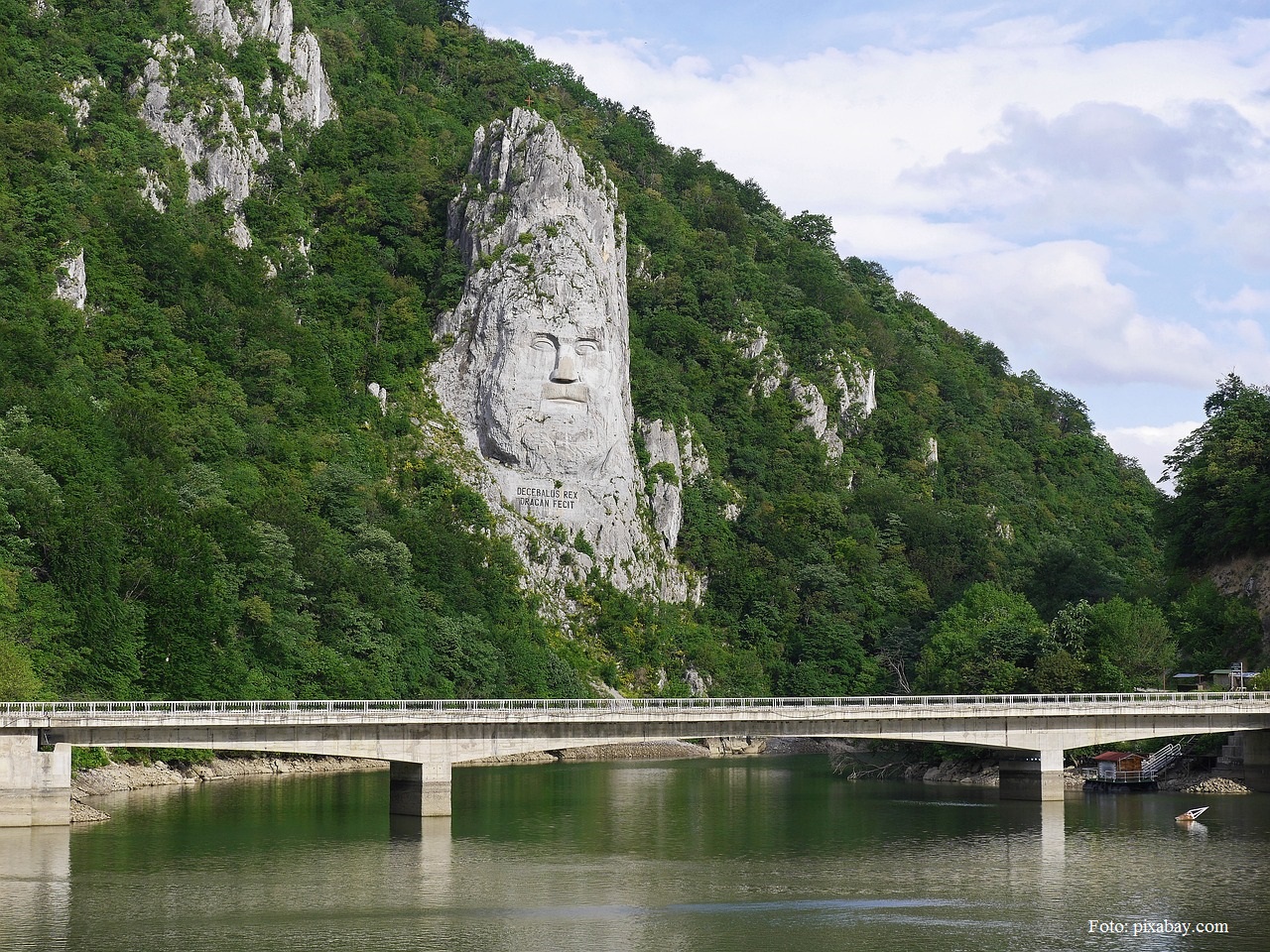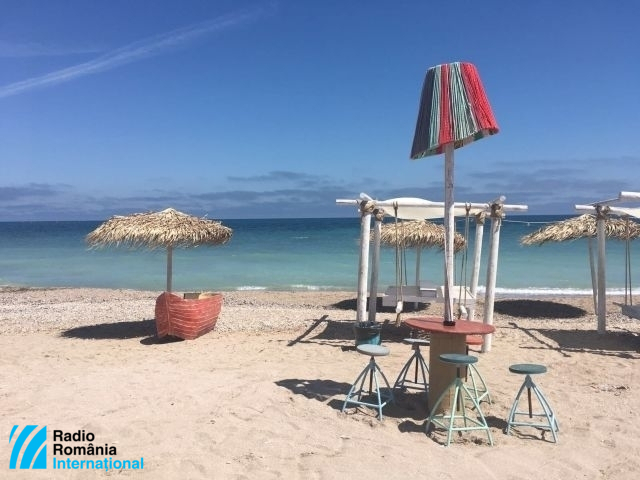The Glasgow Climate Pact
In November, humanity took another step it its effort to curb climate change

Eugen Coroianu, 26.11.2021, 13:31
In November, humanity took another step it its effort to curb climate change. Gathering in Scotland, world leaders endorsed the so-called Glasgow Climate Pact, at the end of two weeks of arduous negotiations. The step seems small, however, if we listen to the statement made by Alok Sharma, the president of the COP26 summit, who said that he was profoundly disappointed by the last moment changes regarding fossil fuels, introduced at the last moment by request from India and China. They replaced the idea of gradual elimination with one of gradual reduction. Jennifer Morgan, from Greenpeace International, called the pact weak, barely keeping alive the target of 1.5 degrees Celsius for global warming, but said that the coal era was at an end, which is important.
Experts constantly warn that each tenth of a degree matters, while climate caused disasters are more and more frequent, such as floods, drought, and heat waves, each with its own kind of damage. Also present in Glasgow was climatologist Roxana Bojariu, with the Romanian National Meteorology Agency. We asked her how serious the situation was.
“The global warming situation is serious, and the latest report from the intergovernmental group studying climate change, published in August, clearly showed that we are in a climate crisis. The UN Secretary General said that we are in a climate code red situation. The last seven years have been the warmest globally, since record keeping started in the first half of the 19th century. We also had extreme events, we are not talking about a gradual warming. Last summer we had extraordinary events. Near Vancouver they registered a temperature of 49.6 degrees Celsius. Subsequent studies showed that this would not have been possible without global warming, and that we are in a climate emergency. The brush fires in Canada, the US, and Europe, such as in Greece as well. We also saw very strong storms, because we are not talking only about rising median temperatures, we are talking about a change in all the ways in which heat and humidity circulate. We also have a higher amount of heat in the system due to the intensified green house effect because of man made gases.”
Solving environmental problems is, most of the time, not about good or ill will on the part of decision makers, but also about costs and alternatives. Which is why a major point in the debates in Glasgow was financing ecological change in poorer countries by industrialized countries, the main polluters on the planet. Here, Romania has an edge in being part of the EU, befitting heavily from the European Green Pact. Roxana Bojariu explains:
“Romania is an EU member, and has to comply with European targets, and with regard to those, the EU speaks with one voice. Of course, the positions taken are agreed upon by all member states in technical talks. The target of cutting emissions by 55 percent by 2030 as compared to 1990 remains an obvious target for the EU, and for reaching climate neutrality by 2050, zero net emissions. At the same time, another target is reaching resilience in the face of changes that have happened, and are sure to happen by 2050, because we have already changed the climate. These EU targets are put into practice by directives, law packages, such as the Climate Law, which are being discussed by the EU, which fall under the umbrella of the European Green Pact. So, Romania is in the fortuitous situation of having clear and consistent planning. One thing that it can take advantage of is the fact that all these Union internal level measures are supported by funds to help countries like Romania, which, compared to Western states, have a weaker economy, and have to catch up more in economic and social development.”
Some of the international reactions to the agreement in Glasgow are diametrically opposed. Unfortunately, collective political will was not sufficient to overcome profound differences between the countries, and it is time to operate in emergency mode, said UN Secretary General Antonio Guterres. Saluting what he called welcome steps forward, he listed the goals that were not reached — financial aid for poorer countries, ending subsidies for fossil fuels, giving up coal, and setting a carbon price. British PM Boris Johnson said that much more is to be done in the future, but that the pact is a big step forward. He added that it is important that we have the first international accord to reduce coal usage, and that we have a plan to limit global warming to 1.5 degrees above pre-industrial times.






























